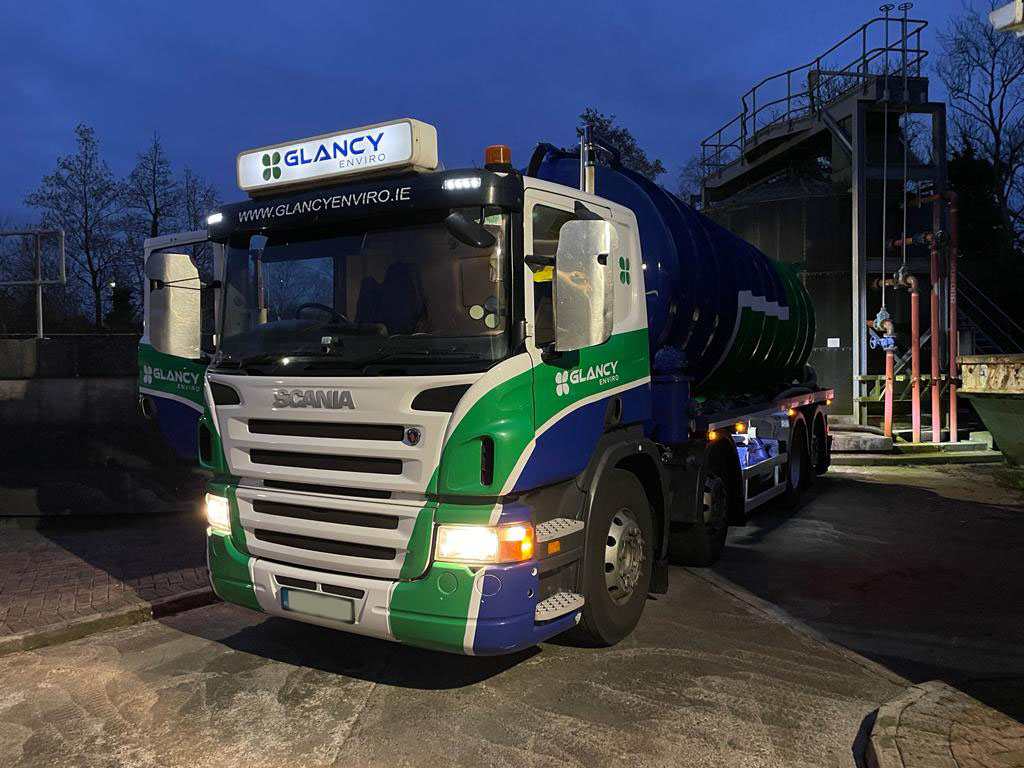Reclaim Waste - The Facts
Reclaim Waste - The Facts
Blog Article
Little Known Facts About Reclaim Waste.
Table of ContentsReclaim Waste for DummiesThe Buzz on Reclaim WasteThe 7-Second Trick For Reclaim WasteA Biased View of Reclaim WasteReclaim Waste - An Overview
Check out the types, events, and types of fluid waste. Domestic sewer waste refers to the waste and products from a residential septic tank. This kind of waste is developed by humans in houses, schools, and various other buildings. This only includes septic containers that have a drain field. The appropriate management and disposal of residential sewage waste need fluid waste to be transferred to a sewer therapy plant where the proper approaches and equipment are put on purify and get rid of waste.
Business waste frequently consists of potential risks, such as combustible products or a mixture of liquid and solid waste products, and needs an extra advanced and comprehensive disposal process. The disposal of business waste commonly involves the filtration of waste before transportation to ensure safe and proper disposal. Industrial waste is produced from by-products and overflow of commercial procedures and manufacturing.
This type of waste can not utilize the very same sewer monitoring transport or procedures as septic or business fluids. The hazardous waste management procedure calls for the inspection and testing of liquid waste prior to it undergoes the disposal procedure (liquid waste disposal). Overflow waste is the fluid waste that originates from drainage and excess stormwater in very inhabited areas or cities
Overflow waste can cause contamination and flooding if not handled correctly. Find out more concerning sewage system cleansing and waste administration. Guaranteeing proper waste management can protect against calamities and minimize environmental injury. Both people in household settings and specialists in industrial or production sectors can gain from understanding the procedures and guidelines of liquid waste monitoring.
Everything about Reclaim Waste
Contact PROS Solutions today to discover our waste management and disposal services and the appropriate means to take care of the fluid waste you generate.
(https://share.evernote.com/note/7e2c20e2-4e08-1523-1aa2-d06cf7e27761)Do you know what takes place to your water when you disengage, flush the bathroom or drain the cleaning machine? No? Well, it deserves knowing. This supposed 'wastewater' is not only a vital source but, after therapy, will be released to our land, rivers or the ocean. Utilized water from toilets, showers, bathrooms, kitchen sinks, laundries and commercial processes is called wastewater.

water made use of to cool machinery or tidy plant and equipment). Stormwater, a type of wastewater, is drainage that flows from agricultural and city locations such as roof coverings, parks, gardens, roads, paths and seamless gutters into stormwater drains, after rain. Stormwater moves untreated straight to neighborhood creeks or rivers, eventually reaching the ocean.
More About Reclaim Waste
In Queensland, most wastewater is dealt with at sewer therapy plants. Wastewater is transported from residential or commercial websites via a system of sewage systems and pump terminals, known as sewage reticulation, to a sewage therapy plant.
The Division of Natural Resources advises neighborhood federal governments about handling, operating and keeping sewerage systems and therapy plants. In unsewered areas, city governments might need householders to mount specific or home sewage therapy systems to treat domestic wastewater from commodes, cooking areas, bathrooms and laundries. The Department of Natural Resources authorises the usage of household systems when they are confirmed to be efficient.
Most stormwater obtains no therapy. In some new communities, therapy of some stormwater to remove litter, sand and gravel has begun using gross contaminant catches. Wastewater therapy happens in 4 stages: Gets rid of solid issue. Larger solids, such as plastics and various other objects mistakenly discharged to sewage systems, are eliminated when wastewater is passed with displays.
Wastewater then streams right into large containers where solids work out and are gotten rid of as sludge. Grease and scum are skimmed from the surface area. Uses tiny living organisms referred to as micro-organisms to damage down and remove continuing to be dissolved wastes and fine fragments. Micro-organisms and wastes are incorporated in the sludge. Removes nitrogen and phosphorus nutrients that might create algal blooms in our waterways and intimidate marine life.
The smart Trick of Reclaim Waste That Nobody is Discussing
Nutrient elimination is not available whatsoever sewer therapy plants since it needs costly specialised equipment. It is becoming more common in Queensland. Clear fluid effluent generated after therapy may still include disease-causing micro-organisms. If this effluent is launched right into waterways such as rivers or the sea, the micro-organisms will at some point pass away out.

The majority of wastewater flows into the sewerage system. Under the Act, local governments carry out authorizations and licences for eco appropriate activities (ERAs) including wastewater launches that may have a neighborhood effect.
What Does Reclaim Waste Mean?
Monitoring supplies valid details about water high quality and can validate that licence problems are being met. The info gotten through surveillance offers the basis for making water top quality choices.
Report this page